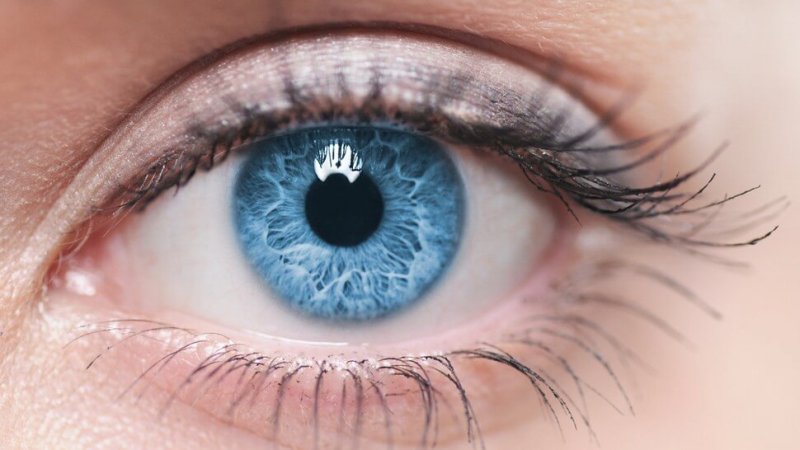In genome-editing, the challenge for CRISPR-wielding scientists is to edit only one of the two copies, or alleles, of every gene that people have, repairing the ever-so-slightly broken one and leaving the healthy one alone.
Now, in one of the first research papers scheduled for publication in the first journal dedicated to research on CRISPR, scientists in Boston report “allele specific” editing of a gene that, when mutated, destroys the eye’s photoreceptors and causes the form of blindness called retinitis pigmentosa.
The achievement might one day help people with retinitis pigmentosa, which affects about 100,000 people in the U.S. But its greater significance is as a proof-of-concept. The hope is that the same trick might work in the hundreds of diseases, including Huntington’s disease and Marfan syndrome, where inheriting a single mutated gene (from mom or dad) is enough to cause problems despite the presence of a healthy copy, too.
…
As always with CRISPR, there is a danger of editing unintended regions of DNA. The scientists checked potential “off target” sites; nine were fine, and one was inadvertently edited in 3 percent of treated cells, though with no apparent ill effects.
…
The mouse study raises hopes that allele-specific editing might work not only for the mutation in retinitis pigmentosa but also “for most, if not all, human dominant alleles,” the scientists wrote.
Read full, original post: A CRISPR trick in blind mice points the way to possible treatments for inherited diseases































